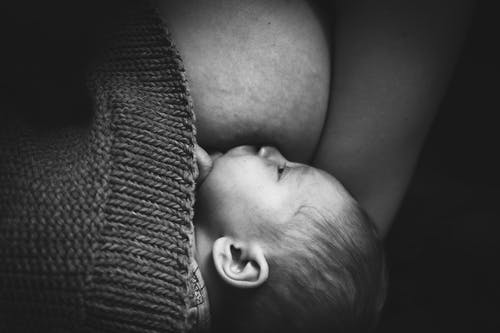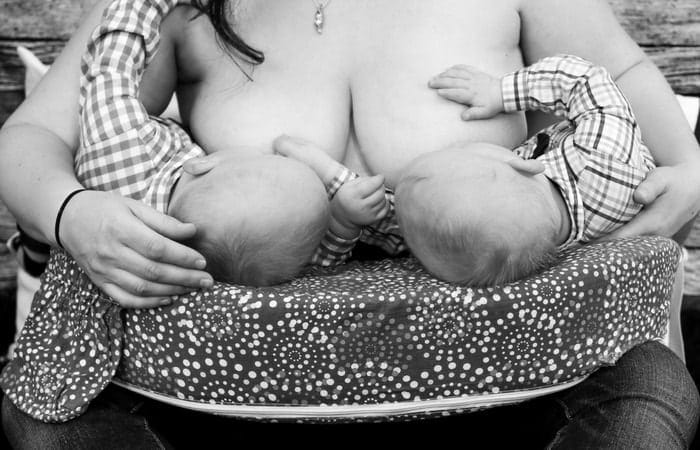Netzians went crazy when Sadhguru said that mothers produce different breast milk for boys and girls. It’s not unusual for the trolls to hit back at anything the yogi says and the recent viral video is no exception.
The video is originally from March 7, 2017 at IIT Delhi’s Youth & Truth- IIT Students in Conversation With Sadhguru, where he was asked by an audience member about how nourishment and intelligence work inside the womb.
What caught our attention this time is the concerned topic in the video. As a Fem tech company we immediately set out to research if there are proofs to his claims. So, do mothers actually produce different breast milk for baby girl and baby boy? Here’s what we found!
Scientists suspect that breast milk may be tailored by nature to meet the different growth needs of the sexes.
A study in Sudan states that ‘Biochemical Differences in Human Breast Milk Contents According to Infant’s Gender .’
Even Harvard’s research backs Sadhguru. Katie Hinde, PhD, (an evolutionary biologist at Harvard University) has been researching about how breast milk may shape a baby’s immunological, Neuro biological, and behavioral development. Speaking at the American Association for the Advancement of Science meeting in Chicago, Hinde described her work in rhesus monkeys that showed mothers produce milk with 35% more fat and protein for male babies, and even richer milk when the male was first-born. However, when mothers fed female babies, their milk was less fatty and had more calcium probably to support the faster growth of their skeletons. They also produced higher milk volumes, especially if they had reproduced before.
It is not clear from available data on milk composition if there is a recipe for success for boys versus girls. Katie Hinde’s research is on Rhesus monkeys. Its significance, if any, to humans is unknown.

The results of another study on growth in twins push that “maybe” closer to “yes” to Sadhguru’s claims.
“The original analysis only included the breastfed same sex and opposite sex twins, and demonstrated that the same sex twins were taller and bigger than opposite sex breastfed twins,” explains Dr. Satoshi Kanazawa, Evolutionary psychologist at the London School of Economics and Political Science. “If breastfeeding was causing the advantage enjoyed by same sex over opposite sex twins, then this advantage should disappear when you take breastfeeding away. It was a reverse of the pattern found in breastfed twins,” Kanzawala says.
However, rather than collect and compare milk samples, they focused on growth data from twins. There are no studies discussing the quality of breast milk for women with twins of the opposite sex.

On the other hand, we even spoke to a couple of pediatricians about this, and here’s what they had to say.
Dr. Praveen Dch, DNB from Chennai says that “As of now, the papers do seem to suggest a gender specific difference, which may not be significant. However more evidence based research may be needed globally to see if this gender specific variation can have a long term impact on nutritional practices followed for breastfeeding mothers.”
Another doctor seems to agree with Dr. Praveen. He says that, “the requirements of babies do not vary greatly until menarche; which implies the difference in breast milk composition if any is going to be highly insignificant!”
Both of them believe that we cannot arrive on any conclusion based on few studies, and that, more substantial evidence is required to make such concepts a textbook content.
We may not know for sure if human breast milk changes based on the baby’s sex, but we do know that it is ever changing to meet the needs of each breastfed baby. Though insignificant, it is believed to be the most dynamic fluid our body can ever make and varies from mother to mother and even feed to feed.


We have heard folk lore that if there is a cow in the house, it might produce milk based on the situations. Like if someone is sick, the cow milk would be of a quality to help with the sickness and so on. So, it’s highly probable what Sadhguru says is true. Not everything can be proved with science at least today.
True!